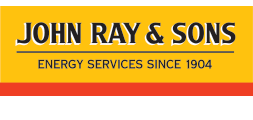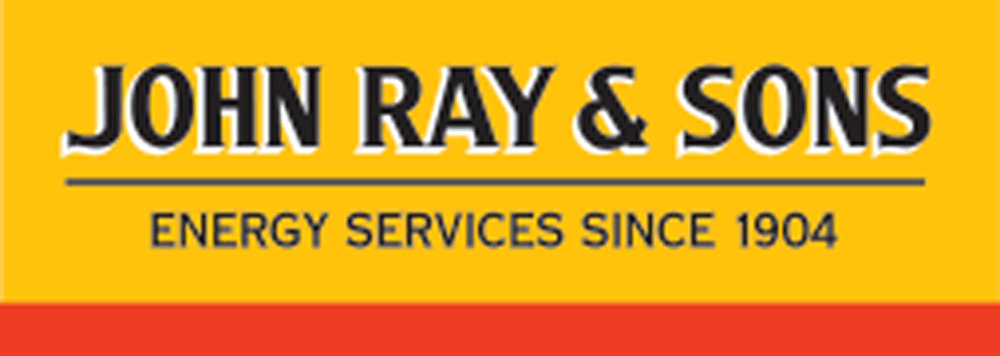Heating and cooling FAQs
Solutions to our most commonly asked questions about home heating, cooling, and indoor air quality.
Click a question to view the answer. Click again to hide it.
Bioheat®
Heating oil
Propane
Service
![]()
Schedule your annual safety check and tune-up or request repair service online.
We sell and service all makes and models of propane, oil, or natural gas systems.


